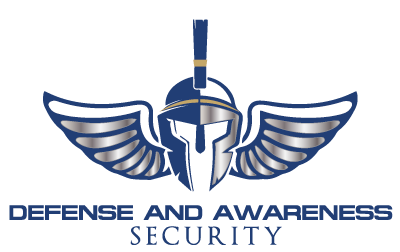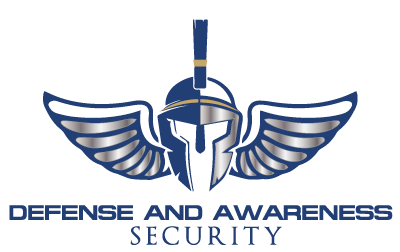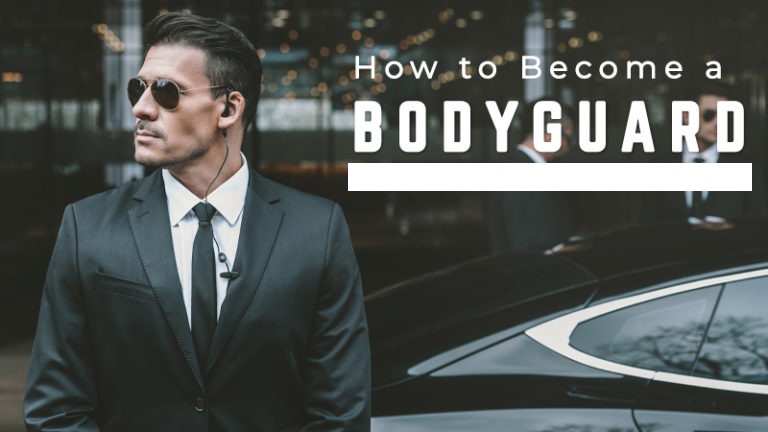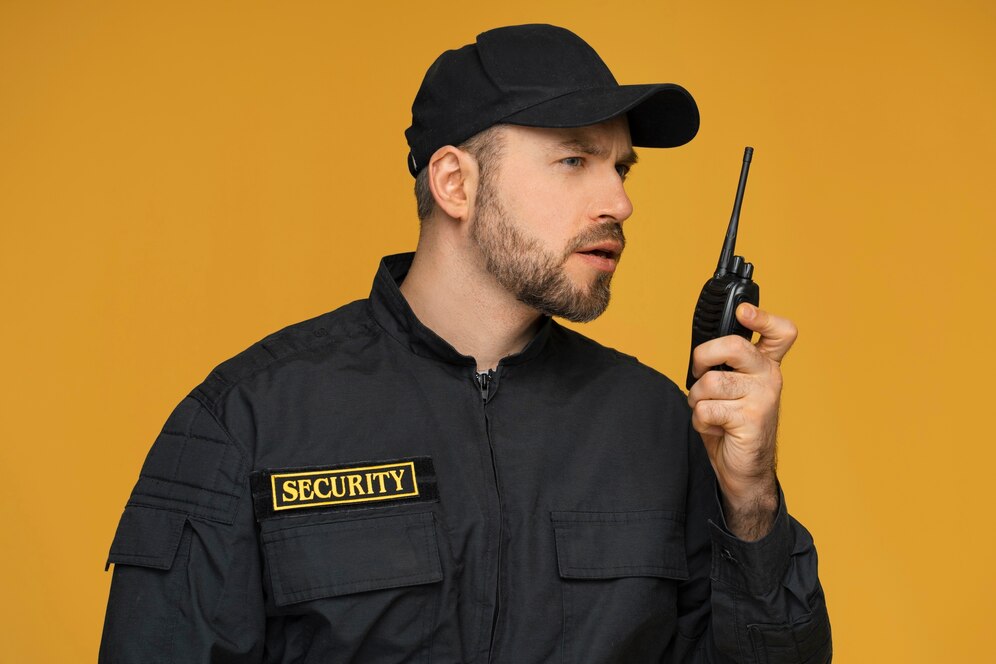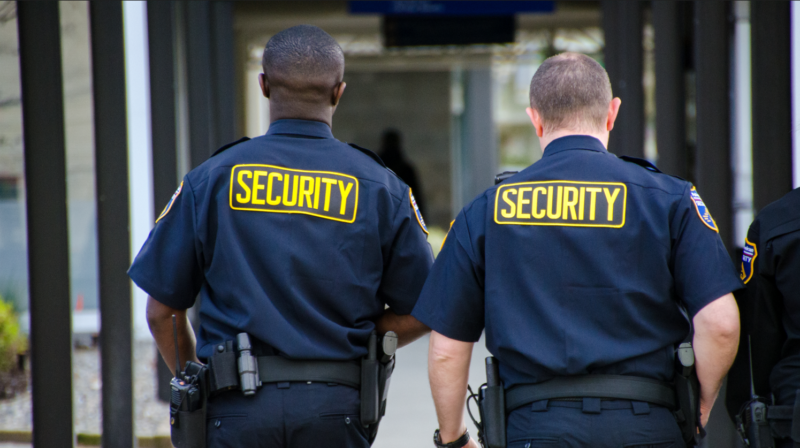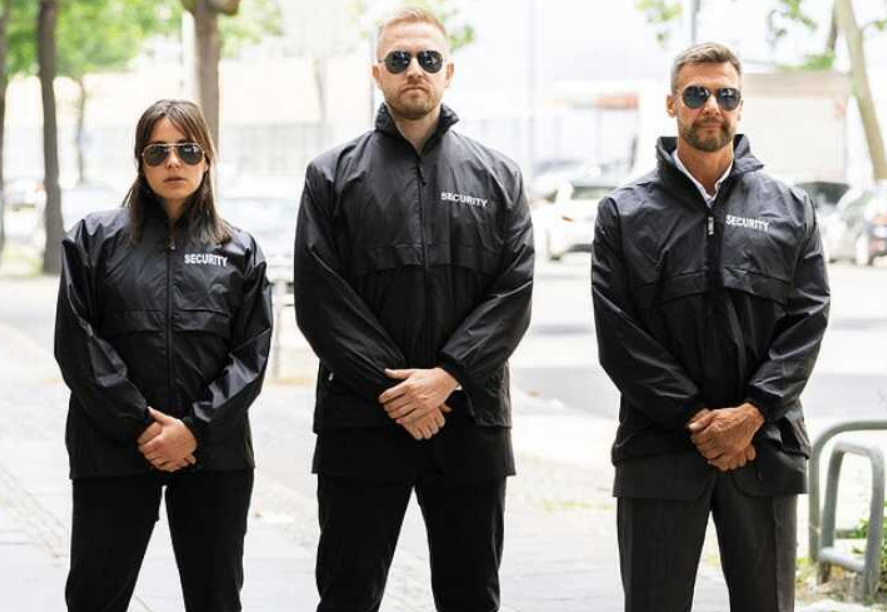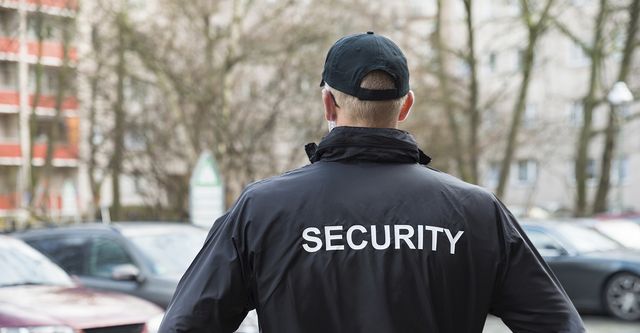Becoming a bodyguard in Georgia is a fulfilling career path for those interested in protection services, law enforcement, or private security. With Atlanta being a hub of business, entertainment, and political activity, the demand for skilled bodyguards is higher than ever. From high-net-worth individuals to celebrities, executives, and politicians, many require professional protection to ensure their safety in a variety of settings.
If you’re considering stepping into this profession, you need to understand the licensing process, training requirements, and the type of work that bodyguards do. This comprehensive guide will walk you through everything you need to know about becoming a bodyguard in Georgia, with a special focus on Armed Security in Atlanta GA.
What Does a Bodyguard Do?
A bodyguard, also known as a personal protection officer or executive protection agent, is responsible for ensuring the safety and security of their clients. This role goes far beyond muscle. A good bodyguard is observant, quick-thinking, trained in conflict de-escalation, and often possesses tactical skills.
Duties can include:
- Escorting clients to and from events or public spaces
- Monitoring crowds and identifying potential threats
- Conducting advance inspections of locations
- Driving and escorting clients through potentially risky environments
- Responding to immediate threats with minimal disruption
Step 1: Understand the Legal Requirements in Georgia
To work as a bodyguard in Georgia, especially as armed personnel, you need to meet several legal requirements. In Georgia, personal protection agents fall under the umbrella of private security, which is regulated by the Georgia Board of Private Detective and Security Agencies.
Basic Requirements:
- Must be at least 18 years old for unarmed positions (21 for armed roles)
- Be a U.S. citizen or legal resident
- No felony convictions or criminal background
- Pass a background check and fingerprinting
- Have a high school diploma or GED
For those seeking Armed Security in Atlanta GA, you’ll also need a firearms permit and additional training.
Step 2: Get the Necessary Training
Georgia law mandates specific training for security professionals, especially those who wish to be armed.
Unarmed Security Training:
- 24 hours of basic training
- Includes instruction in emergency procedures, report writing, and legal limitations
Armed Security Training:
- An additional 15+ hours of firearms training
- Must be conducted by a licensed instructor
- Includes range time, firearms safety, and use-of-force laws
If you plan to work in Armed Security in Atlanta GA, this step is absolutely critical and must be done through a licensed training academy.
Step 3: Apply for Registration with the Georgia Board
Once you’ve completed training, you’ll need to register with the Georgia Board of Private Detective and Security Agencies. This includes:
- Submitting fingerprints and background check information
- Providing proof of training completion
- Listing your employer or security agency
Most bodyguards work for a licensed agency rather than independently, though it is possible to become licensed as your own agency after gaining experience.
Step 4: Consider Advanced Training and Certifications
To stand out in this field, additional certifications can significantly boost your credibility and skillset:
- CPR and First Aid Certification
- Executive Protection Training
- Defensive Driving Courses
- Tactical Firearms Training
- Crisis Intervention Training
Many high-end clients in Atlanta prefer professionals with military or law enforcement backgrounds or advanced executive protection training.
Step 5: Get Experience
As with most careers, experience is vital. Many new bodyguards start as unarmed security guards and work their way up to personal protection roles. Consider working with security firms that specialize in Armed Security in Atlanta GA, as they often offer internal career pathways and mentorship.
Step 6: Network Within the Industry
Connections can open doors in this industry. Attend security expos, law enforcement conferences, and local protection training seminars. Join professional organizations such as:
- ASIS International
- National Association of Security Companies (NASCO)
- International Foundation for Protection Officers (IFPO)
These memberships often provide access to job boards, training discounts, and industry news.
Step 7: Apply for Jobs
When you’re ready, start applying. Some bodyguard positions are advertised, but many are filled through referrals and internal networks. Create a professional resume that emphasizes:
- Physical fitness and martial arts skills
- Firearms certifications
- Prior military or law enforcement experience
- Languages spoken
- Any special skills like driving armored vehicles or cybersecurity
Target security firms in Atlanta with a strong reputation for executive protection. Many of these firms focus on high-risk environments or VIP clientele, especially those seeking Armed Security in Atlanta GA.
Career Outlook and Salary Expectations
In Georgia, bodyguards can earn anywhere from $35,000 to over $100,000 per year, depending on experience, location, client, and whether they’re armed. In Atlanta, salaries tend to be higher due to the city’s size, wealth, and events that attract high-profile individuals.
Freelancers and contractors may command higher hourly rates but must also cover their own insurance and licensing costs.
Challenges in the Bodyguard Profession
While the role can be exciting and lucrative, it also comes with challenges:
- Long or unpredictable hours
- Physically and mentally demanding
- High-stress situations
- Constant vigilance required
- Legal and liability issues
Proper training, continuing education, and mental health awareness are essential to sustain a long-term career.
10 Frequently Asked Questions (FAQs)
1. Do I need a license to become a bodyguard in Georgia?
Yes, you must register through the Georgia Board of Private Detective and Security Agencies, especially if you carry a firearm.
2. Can I become a bodyguard without prior military or police experience?
Yes, but prior experience is often preferred. Civilian candidates must meet training and legal requirements.
3. How long does it take to become a licensed bodyguard in Georgia?
It depends on training availability and background checks, but generally, it can take 4–8 weeks.
4. Is being a bodyguard in Atlanta dangerous?
It can be, depending on the client and situation. Training helps minimize risks.
5. Do bodyguards in Georgia carry guns?
Only if licensed as armed security. You must pass additional firearms training and obtain a weapons permit.
6. Where can I get training for bodyguard work in Georgia?
Look for licensed security training academies or companies that specialize in Armed Security in Atlanta GA.
7. Can I work as an independent bodyguard in Georgia?
Yes, but you’ll need to be registered as your own security agency, which comes with more regulations.
8. Are bodyguards in Georgia allowed to make arrests?
No, they can detain individuals under certain conditions but must call law enforcement.
9. Is ongoing training required?
Yes. Many agencies require annual firearms recertification and updated legal or tactical training.
10. What kind of clients hire bodyguards in Atlanta?
Celebrities, CEOs, athletes, diplomats, and anyone facing elevated personal risk.
Final Thoughts
Becoming a bodyguard in Georgia requires dedication, discipline, and the right training. Atlanta, in particular, offers significant opportunities for those interested in Armed Security in Atlanta GA. Whether you’re transitioning from the military, law enforcement, or a civilian background, the pathway is accessible if you follow the required steps.
A career in personal protection is more than just wearing a suit and looking tough—it’s about responsibility, integrity, and the ability to act calmly under pressure. With the right mindset and preparation, you can thrive in the high-stakes world of personal security.
